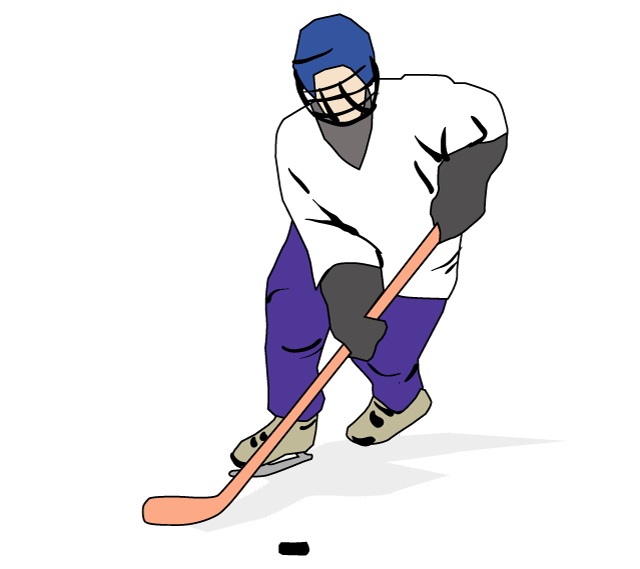Doping Scanals has not been as prominent in the Winter Games compared to the Summer Olympics. Here are a few examples:
- In 1976, Czech hockey captain Frantisek Popisil was disqualified for using banned drugs.
- At the Nagano Olympics in 1998 in the debut sport of snowboarding, a Canadian competitor lost his gold after testing positive for marijuana, but then won it back on appeal.
- The 2002 Games in Salt Lake City were dominated by doping scandals. Spain's Johann Muehlegg and Russia's Larissa Lazutina and Olga Danilova were disqualified due to darbepoetin use; the first two lost their gold medals, although all three retained medals won before they were tested.

- Also at the 2002 Games, Britain's Alain Baxter similarly lost his bronze slalom medal after a drug test, although the drug detected turned out to be a Vicks inhaler. Unknown to him, it has a different formulation in America than in the UK. A later investigation cleared him of all moral guilt, but his medal was not returned.
- The 2018 Winter Olympics in PyeongChang has been marred by the continuing Russian doping scandal which affected the Rio Olympics in 2016 too. The Russian team has been banned from the 2018 Winter Olympics. Individual athletes who have qualified and can also demonstrate they have complied with the IOC's doping regulations will be allowed to compete under the Olympic flag as "Olympic Athletes from Russia."
Related Pages
- Doping at the Summer Olympic Games
- Olympic Cheats - In More Ways Than You Realize
- Doping in Sports
- Drug Testing for Athletes
- Quiz: When was doping banned at the Olympics?
- Poll: Have drug cheats ruined your faith in the Olympic ideal?


 Upcoming Events
Upcoming Events